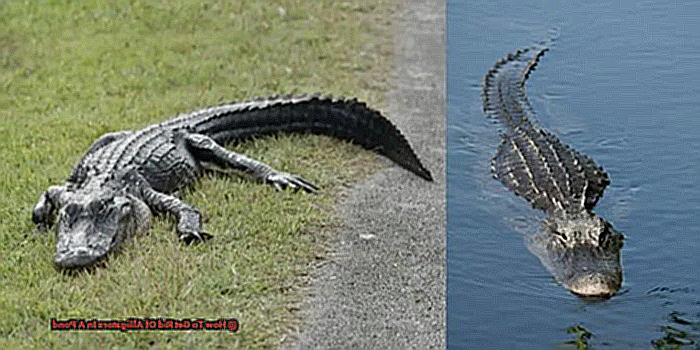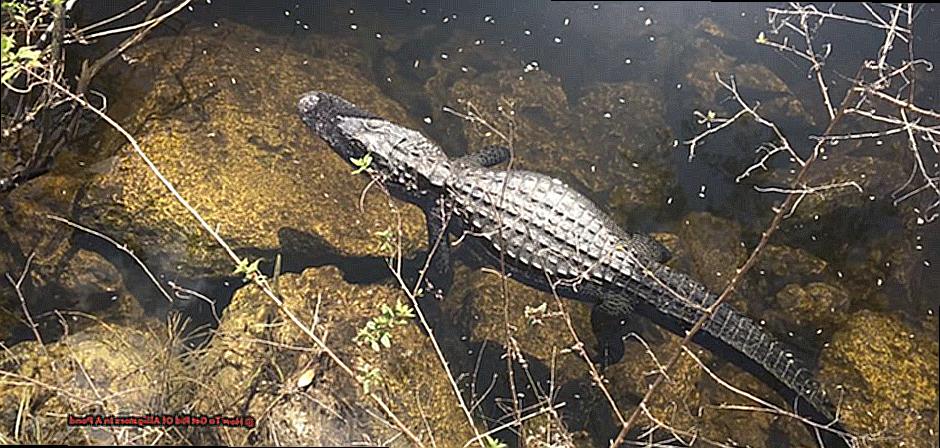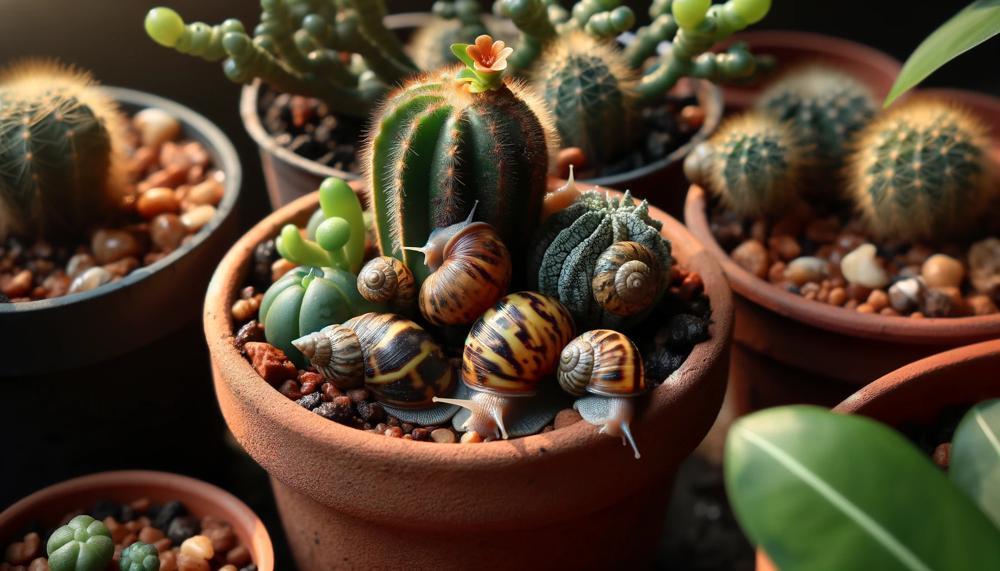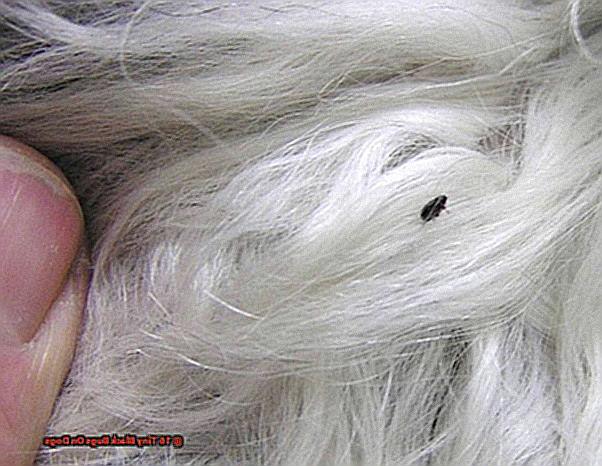Imagine this: you’re basking in the serenity of a pond, enjoying the warm sun and the peaceful sounds of nature. But suddenly, your tranquil moment is shattered by a large shadow emerging from the water. A chill runs down your spine as you realize it’s an alligator, and you are not alone in this idyllic setting.
While alligators may be fascinating creatures to observe from a safe distance, having them in your pond can be a cause for concern. These powerful predators can pose a threat to both humans and other animals, making their removal necessary for safety reasons. But how do you go about removing an alligator from a pond? Fear not, for we have some effective methods that have proven to work.
Firstly, trapping is one of the most common and humane ways to remove alligators. Specialized traps designed specifically for these reptiles can safely capture them without causing harm.
Another method is luring with food. Alligators are opportunistic feeders, so using bait such as chicken or fish can entice them into leaving the pond peacefully.
However, it’s important to note that removing an alligator can be dangerous and should only be done by trained professionals with experience handling these creatures. Seeking professional assistance is always recommended for ensuring safety.
In this blog post, we will delve deeper into each method and provide tips on how to safely and effectively remove alligators from your pond. So sit back, grab a refreshing drink, and let’s explore these methods together.
Table of Contents
Are Alligators Dangerous?
Alligators in a pond can pose serious dangers, including attacks on humans, pets, and children. In some rare cases, these creatures can even cause fatalities due to their sharp teeth and powerful jaws. If you want to safely remove alligators from your pond, it is best to seek assistance from your local state wildlife agency. However, if you decide to try and remove them yourself, there are important safety measures you should take.
- Eliminate potential food sources: Alligators are attracted to food scraps and garbage. To prevent them from staying in your pond, make sure to get rid of any potential food sources in your yard or pond area.
- Use barriers: Installing a pond cover or a sturdy glass fence can effectively prevent alligators from entering your property. This is especially crucial if you have children or pets around.
- Use traps: If necessary, obtain a permit and use bait traps or self-locking snares to safely trap the alligator. However, this should only be done by trained professionals or with proper guidance to avoid any harm to yourself or the animal.
- Avoid feeding them: Feeding alligators can make them associate humans with food and lose their natural wariness around people. Therefore, it is important to refrain from feeding them at all costs.
- Seek professional assistance: If trapping or removing an alligator seems too dangerous or challenging, it is best to seek professional services for help in disposing of the animal safely.
- Take preventative measures: To prevent alligators from entering your pond in the future, make sure to remove any potential attractants from your pond or backyard. This includes eliminating food sources, installing barriers, and obtaining proper permits before attempting to trap them.
Having alligators in your pond can pose a danger to yourself and your loved ones.
5 Tips to getting Rid of Alligators
While alligators can be a nuisance in your pond and pose a threat to humans and other animals, it’s crucial to remember that they are protected by both state and federal laws. Here are some helpful tips to safely and effectively remove alligators from your pond.
- Alter the Landscape: Alligators tend to prefer areas with thick vegetation and shallow water. By removing any plants or overgrown bushes surrounding your pond, you can make it less desirable for these creatures. Additionally, installing a fence around the perimeter of your pond can act as a physical barrier.
- Eliminate Food Sources: Alligators feed on fish, turtles, birds, and small mammals. By removing any potential food sources from your pond, such as overpopulated fish or nesting birds, you can make it less appealing for alligators to stay in the area.
- Install Aeration Systems: Alligators are drawn to warm temperatures and may seek out warmer waters in your pond during colder months. Installing aeration systems or fountains can help keep the water oxygenated and less attractive for alligators.
- Seek Professional Assistance: In many states, there are designated nuisance alligator trappers who can safely and legally remove alligators from private property. These trappers are trained to handle alligators and can relocate them to a more suitable habitat.
- Prioritize Safety: When dealing with alligators, always exercise caution. Never approach or feed them, and maintain a safe distance from any sightings. It’s also vital to teach children about the dangers of alligators and never let them play near bodies of water unsupervised.
In conclusion, removing alligators from a pond requires a combination of preventative measures and professional assistance if necessary. By making your pond less desirable and reducing potential food sources, you can discourage alligators from making it their home.
Tips to Keep Alligators Out of Pond
Alligators are truly fascinating creatures, but having them in your pond can present a potential danger for you, your loved ones, and even your pets. Luckily, there are several effective and humane techniques to keep alligators out of your pond.
- Construct a sturdy fence: One of the most efficient ways to keep alligators out of your pond is by building a robust fence around it. This will not only prevent them from entering your property but also ensure the safety of children and pets.
- Utilize an ammonia-based repellent: Alligators have a heightened sense of smell, making ammonia-based repellents an effective method to deter them from your pond area. The strong odor of ammonia can be quite a turn-off for these creatures.
- Declutter and eliminate food sources: Alligators are drawn to areas with readily available food sources, so it’s essential to clean up any clutter and remove potential food sources from your backyard. This includes garbage and leftover food used to feed other animals in the pond.
- Implement a pool enclosure or cover: If you have a pool in your backyard, consider installing an enclosure or using a pool cover when it’s not in use. This will prevent alligators from accessing the pool area and keep it safe for swimming.
- Seek professional assistance: If alligators continue to be a persistent problem, it’s best to seek professional services for assistance in safely trapping and removing them from your property.
Remember always to obtain the necessary permits before attempting to trap or remove alligators.
Tips to Keep Alligators Away from Your Yard
Dealing with alligators can be a cause for concern, especially when they start to frequent your yard or pond. This becomes even more worrying if you have children or pets in the area. However, there are several safe and effective methods for keeping alligators away from your property. Here are some tips to help you keep these creatures at bay:
-
- Erect a sturdy fence: One of the most effective ways to keep alligators out of your yard is by installing a sturdy fence around your property. To ensure its effectiveness, make sure the fence is at least five feet tall and extends into the ground to prevent alligators from digging underneath.
- Install a pool enclosure: If you have a pool in your yard, it’s crucial to have a pool enclosure or cage to prevent alligators from entering and potentially harming anyone using the pool.
- Eliminate potential food sources: Alligators are attracted to food sources such as garbage, pet food, and small animals in your yard. To discourage them from coming near your property, keep your yard clean and free of any potential food sources.

- Seek professional assistance: If you have an alligator that needs removal from your property, it’s best to seek professional help. Attempting to trap or remove an alligator on your own can be dangerous and should only be done by experts.
- Obtain necessary permits: In some cases, you may need to obtain a permit before attempting to trap or remove an alligator from your property. Make sure to follow state regulations and guidelines when dealing with these creatures.
- Avoid feeding them: Feeding alligators can make them associate humans with food and lose their natural wariness around people. This can make them more likely to come onto your property in search of food. Therefore, it’s essential to avoid feeding them.
- Stay vigilant during mating season: Alligators tend to be most aggressive during their breeding season in the warmer months. Be extra cautious during this time and keep an eye out for any alligators in your yard or pond.
By following these tips and taking necessary precautions, you can effectively keep alligators away from your yard and pond in a safe and humane manner. Always prioritize safety and seek professional help when needed.
Tips to Stop Alligators Coming from Lakes or Rivers
Alligators are fascinating creatures that can be found in the southeastern United States. These semi-aquatic reptiles are known for their powerful jaws and can reach lengths of up to 14 feet and weigh over 1000 pounds. While they may be interesting to observe, it is important to take necessary precautions to prevent them from entering a pond or body of water on your property. Here are some tips to stop alligators from coming into lakes or rivers:
Install a Barrier
To effectively prevent alligators from entering a pond or body of water, consider installing a fence around the perimeter. The fence should be at least four feet tall and have openings no larger than four inches. This will make it difficult for alligators to crawl over or under the barrier.
Eliminate Potential Food Sources
Alligators are opportunistic predators and will feed on fish, turtles, and other small animals that may be present in the pond. By reducing the availability of food, alligators are less likely to be attracted to the area. Be sure to remove any potential food sources, such as garbage or debris, from the pond or surrounding area.
Maintain a Clean Pond Area
Alligators are known to hide in murky waters, so keeping the pond clear and visible can discourage them from coming near. Regularly clean the pond area and remove any debris or vegetation that could provide hiding spots for alligators.
Avoid Feeding Alligators
Feeding alligators can cause them to associate humans with food and become more comfortable around human-populated areas. This can lead to dangerous situations for both humans and alligators. It is important to never feed alligators and discourage others from doing so as well.
Use Motion Sensor Lights or Noise-Making Devices
Install motion sensor lights or noise-making devices around the pond to help deter alligators. These devices will startle the alligators and make them think twice before approaching.
Contact Local Authorities
If an alligator does enter a pond or body of water, it is important to contact local authorities. In some states, it is illegal to handle or relocate alligators without proper permits. Trained professionals will know the proper procedures for safely removing the alligator from the area.
Be Vigilant and Aware
Always be cautious and aware of your surroundings when near a pond or body of water that may have alligators. Never swim in areas known to have alligators and always supervise children and pets when near these bodies of water.
In conclusion, by implementing these effective strategies and being proactive, individuals can ensure the safety of themselves and their property while coexisting with these fascinating creatures.
Alligator vs. Crocodile: What are the Real Differences?
Physical Differences:
Alligator vs. Crocodile: What are the Real Differences?
When it comes to identifying these two reptiles, there are a few key physical differences to look out for. The first is their snout shape. Alligators have a broader snout, while crocodiles have a more pointed and V-shaped snout. This difference in shape is due to their different diets and hunting techniques.
Another noticeable difference is size and weight. Crocodiles tend to be larger and heavier than alligators, with the saltwater crocodile being the biggest species at 23 feet long and over a ton in weight. This difference in size can also be attributed to their habitats, as crocodiles generally live in larger bodies of water compared to alligators.
In terms of coloration, crocodiles have lighter and more varied tones while alligators are dark green or black. This can make it easier to spot a crocodile in muddy or dark waters, as their coloration stands out more.
Lastly, when examining their teeth, crocodiles have interlocking teeth, while alligators have a fourth tooth that is visible when their mouth is closed. This is due to the fact that alligators have wider snouts, making it more difficult for them to keep their teeth hidden.
Behavioral Differences:
Aside from physical differences, there are also distinct behavioral differences between alligators and crocodiles. The first is bite force. Crocodiles have a stronger bite of about 3,700 PSI compared to alligators’ 2,500 PSI. This difference in bite force can be attributed to the fact that crocodiles are generally more aggressive hunters and need a stronger bite to take down larger prey.
In terms of aggression towards humans, crocodiles are also known to be more aggressive than alligators. They account for more attacks on humans than alligators, which could be due to their larger size and more aggressive nature.
Habitat is another factor that sets these two reptiles apart. Alligators can tolerate colder temperatures than crocodiles, which is why they can be found further north in the United States. Crocodiles, on the other hand, prefer warmer climates and can be found in various continents including North America, Southeast Asia, Australia, Africa, and South America.
While alligators and crocodiles may look similar, there are distinct physical and behavioral differences between them. Knowing these differences can help identify and safely coexist with these creatures in their natural habitats.
Conclusion
In conclusion, although alligators may seem like intriguing creatures to observe from a safe distance, having them in your pond can pose a serious threat to both humans and other animals.
Thankfully, there are effective methods for safely removing alligators from your pond, such as trapping and using food as bait. It’s important to keep in mind that handling alligators can be extremely dangerous and should only be done by trained professionals.
Taking preventative measures, such as eliminating potential food sources and installing barriers, can also help deter alligators from your property. Additionally, it’s crucial to understand the physical and behavioral differences between alligators and crocodiles in order to coexist with these creatures safely.
By following these tips and remaining vigilant, you can ensure the safety of yourself and others while enjoying the tranquility of your pond.





